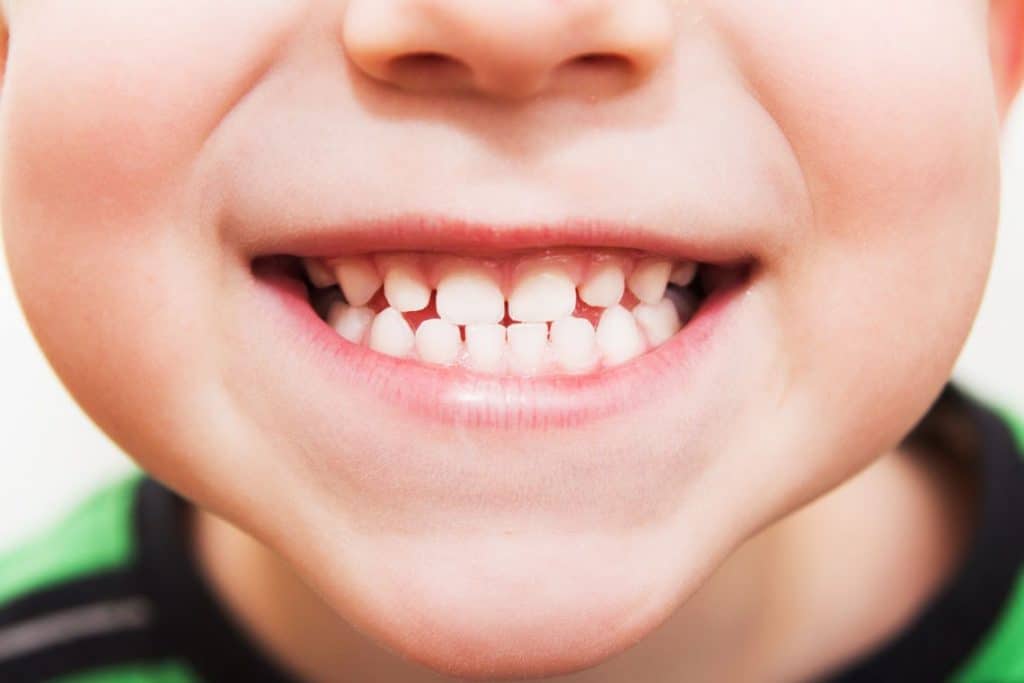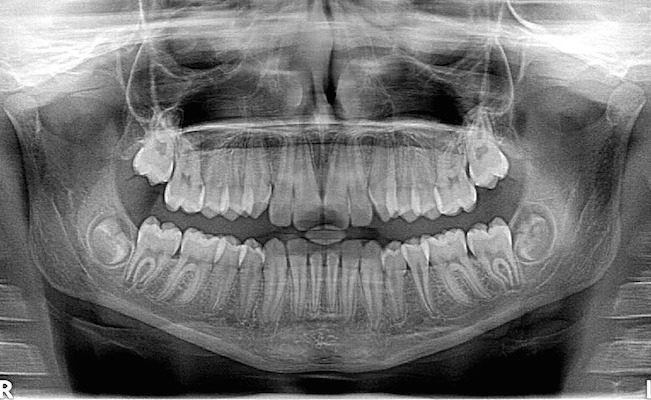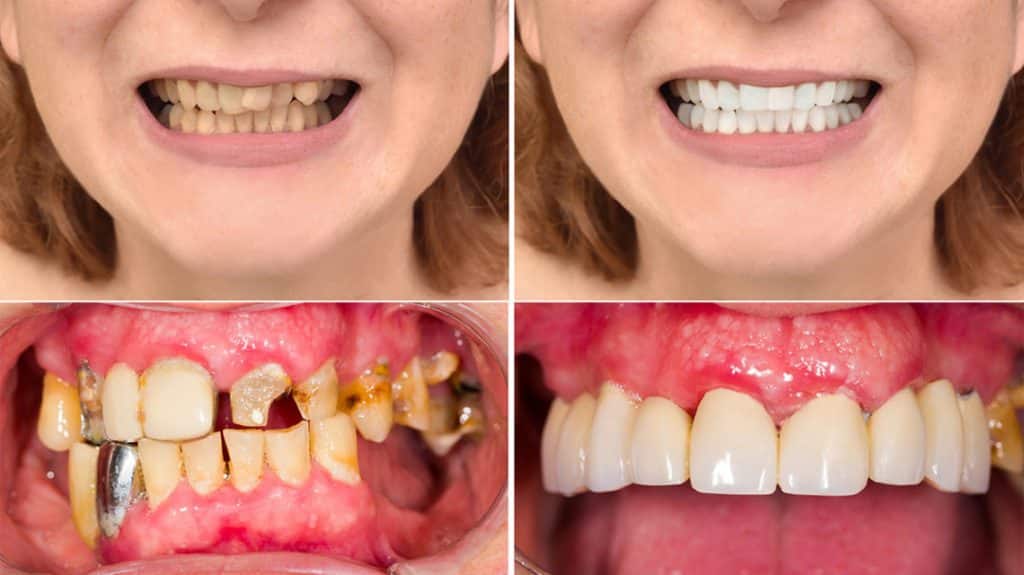Teeth can be kept with periodontal disease for as long as they receive proper treatment and maintenance. However, without proper care, teeth can be lost due to the progression of the disease.
Taking the necessary steps to manage periodontal disease and practicing good oral hygiene can help preserve teeth and prevent further damage. Regular visits to the dentist, proper brushing and flossing techniques, and lifestyle changes such as quitting smoking can contribute to maintaining teeth with periodontal disease.
It is essential to consult with a dental professional for personalized advice and treatment options based on the severity of the disease. By following appropriate dental care practices, individuals can extend the lifespan of their teeth even with periodontal disease.

Credit: www.everydayhealth.com
Understanding Periodontal Disease
Periodontal disease, also known as gum disease, is a condition that affects the tissues surrounding and supporting the teeth. It is caused by the buildup of plaque, a sticky film of bacteria that forms on the teeth. This bacteria irritates the gums, leading to inflammation and eventually the breakdown of the tissues and bone that hold the teeth in place.
The disease progresses in stages, starting with gingivitis, which causes red and swollen gums, and if left untreated, can advance to periodontitis, where the gums pull away from the teeth, forming pockets that become infected. Over time, the infection can destroy the bone and connective tissues, ultimately leading to tooth loss if not properly managed.
Understanding periodontal disease is crucial for maintaining good oral hygiene and preventing long-term dental problems.
Effects Of Periodontal Disease On Teeth
Periodontal disease can have a significant impact on both your teeth and gums. The relationship between periodontal disease and tooth loss is clear, as the disease can cause the gums to recede and the bone supporting the teeth to deteriorate.
As the disease progresses, you may notice signs such as red and swollen gums, bleeding during brushing or flossing, and loose teeth. These symptoms indicate the advancing stage of periodontal disease and the potential for tooth loss if left untreated.
It’s important to seek dental care if you experience any of these signs. By addressing periodontal disease early and following a proper oral hygiene routine, you can prolong the life of your teeth and maintain a healthy smile.
Factors Affecting The Lifespan Of Teeth With Periodontal Disease
Factors such as oral hygiene practices, severity of periodontal disease, and timely treatment and intervention play a crucial role in determining the lifespan of teeth affected by periodontal disease. Proper oral hygiene practices, including regular brushing, flossing, and dental check-ups, are essential for maintaining healthy teeth and preventing the progression of periodontal disease.
The severity of the disease also plays a significant role, as more advanced stages can result in irreversible damage to the teeth and supporting structures. Timely treatment and intervention, such as professional cleanings, scaling, and root planing, are important in managing periodontal disease and preserving the teeth for as long as possible.
By addressing these factors and taking appropriate measures, individuals can significantly increase the longevity of their teeth despite the presence of periodontal disease.
Proper Management Of Periodontal Disease
Proper management of periodontal disease is crucial for maintaining healthy teeth in the long run. Various dental treatments can effectively address the disease, preventing further damage. Lifestyle changes, such as a balanced diet and regular oral hygiene practices, are also essential for supporting oral health.
It is important to continuously monitor the condition and have regular follow-up care to ensure that the disease is under control. By taking these necessary steps, you can prolong the lifespan of your teeth and reduce the risk of complications associated with periodontal disease.
Simple measures like brushing and flossing correctly, along with professional interventions when needed, contribute to overall dental wellness. Remember, proactive management is key to preserving your oral health and preserving your natural teeth for as long as possible.
Maximizing Lifespan Of Teeth With Periodontal Disease
Periodontal disease can significantly impact the lifespan of your teeth. To ensure their longevity, it’s crucial to adopt healthy habits. Regular dental check-ups play a vital role in detecting and preventing further deterioration. By visiting your dentist on a routine basis, you can address any underlying issues promptly.
Another key factor is maintaining good oral hygiene at home. This entails brushing and flossing properly and using mouthwash to eliminate bacteria. Following these practices consistently can drastically improve the health of your teeth and gums. Taking proactive measures against periodontal disease is essential for preserving your smile and overall oral health.
So, prioritize your dental care to maximize the lifespan of your teeth.
Realistic Expectations For Teeth Preservation
Realistic expectations for teeth preservation should take into account the importance of individual factors, including genetics. The role of genetics in tooth loss cannot be underestimated, as it can contribute to the severity of periodontal disease. Consulting a dental professional is essential to get personalized advice on how long you can keep your teeth with periodontal disease.
They will assess your individual situation and provide you with the necessary information and treatment options. Whether it is through regular cleanings, advanced treatments, or lifestyle changes, the goal is to preserve your teeth for as long as possible. Taking proactive steps and following professional guidance can make a significant difference in maintaining your oral health and preserving your teeth.
Empowering Individuals With Periodontal Disease
Periodontal disease can have a serious impact on the longevity of your teeth. Our mission is to empower individuals facing this condition by raising awareness about periodontal disease. We strive to provide education on oral health and hygiene, emphasizing the importance of proper dental care.
By encouraging proactive dental visits, we hope to prevent the progression of periodontal disease and maintain optimal oral health. Taking charge of your dental well-being is crucial in preserving your teeth for as long as possible. With our support, you can take the necessary steps to combat periodontal disease and enjoy a healthy smile for years to come.
Let us help you on your journey to dental empowerment and improved overall wellness.
Frequently Asked Questions On How Long Can You Keep Your Teeth With Periodontal Disease
What Is Periodontal Disease?
Periodontal disease, also known as gum disease, is an infection of the tissues that surround and support your teeth. If left untreated, it can lead to tooth loss.
How Long Can You Keep Your Teeth With Periodontal Disease?
The length of time you can keep your teeth with periodontal disease depends on the severity of the disease, how well you manage it, and your overall oral health. With proper care and treatment, you can keep your teeth for a lifetime.
Can Periodontal Disease Be Cured?
While periodontal disease cannot be cured, it can be managed and controlled with proper dental care. Regular dental cleanings, proper oral hygiene practices, and treatment by a dental professional can help prevent further damage to the gums and teeth.
Does Periodontal Disease Cause Bad Breath?
Yes, periodontal disease can cause bad breath or halitosis. The bacteria that cause gum disease release toxins that can lead to an unpleasant odor in the mouth. Proper oral hygiene and treatment can help improve bad breath associated with periodontal disease.
Can Periodontal Disease Be Reversed?
Early stages of periodontal disease, known as gingivitis, can be reversed with proper dental care. However, advanced stages of the disease, such as periodontitis, cannot be fully reversed but can be managed to prevent further damage to the gums and teeth.
What Are The Risk Factors For Developing Periodontal Disease?
Several factors can increase the risk of developing periodontal disease, including poor oral hygiene, smoking, diabetes, hormonal changes in women, certain medications, genetic predisposition, and a weakened immune system. Regular dental check-ups and proper oral care can help reduce the risk.
Conclusion
After exploring the topic of periodontal disease and its impact on tooth longevity, it is evident that seeking early diagnosis and treatment is crucial for maintaining healthy teeth. While periodontal disease can lead to tooth loss, with proper care and regular dental visits, it is possible to preserve your teeth for a longer period.
The key lies in adopting good oral hygiene practices, such as brushing and flossing daily, quitting smoking, and maintaining a balanced diet. Additionally, scheduling routine dental cleanings and check-ups can help detect and address any signs of periodontal disease before it progresses further.
Remember, your oral health is an essential part of your overall well-being, so investing time and effort in preventive measures can save you from potential tooth loss and other complications down the road. So, take control of your oral health today, and enjoy a beautiful and healthy smile for years to come.








